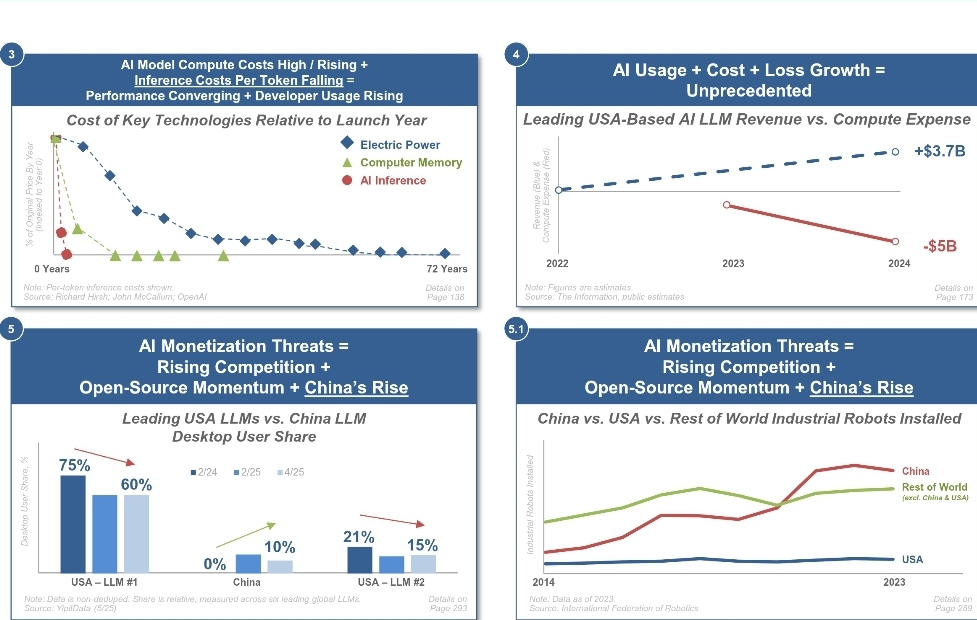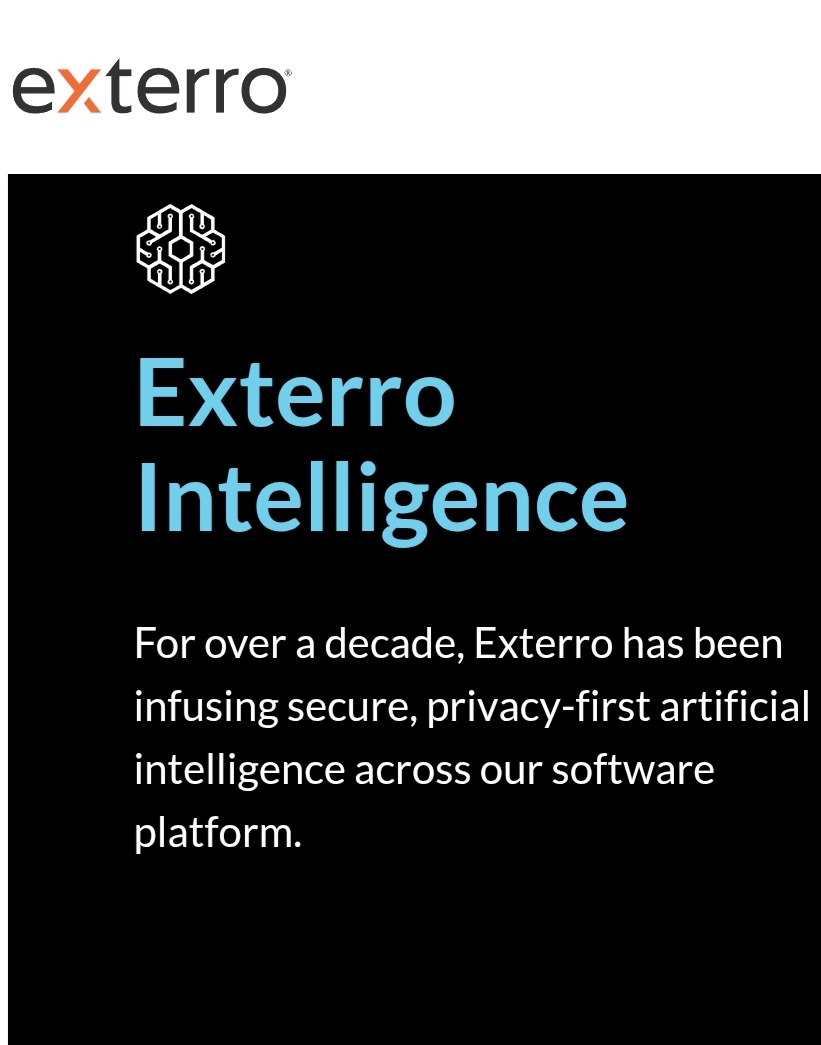Revolutionary Speed Meets Uncompromising Security
Exterro has fundamentally disrupted the legal technology landscape. Moreover, their latest innovation demonstrates how agentic AI can transform data review processes. The Portland-based company unveiled Exterro Intelligence, featuring their groundbreaking Exterro Assist for Data solution that processes over 40,000 documents per hour. Subsequently, this represents several times the performance of legacy systems currently dominating the market.
This advancement arrives at a crucial moment. Legal teams increasingly face mounting pressure to accelerate workflows while maintaining accuracy. Additionally, compliance requirements continue expanding across multiple jurisdictions. Therefore, Exterro’s agentic approach addresses these challenges through domain-specific AI agents designed exclusively for legal operations.
Breaking Down Barriers with Agentic Intelligence
Traditional AI solutions often disappoint legal professionals. Meanwhile, Exterro Intelligence operates differently by leveraging autonomous agents that understand legal contexts. Consequently, these specialized systems can complete complex multi-step tasks independently, eliminating typical bottlenecks that plague document review processes.
Ryan O’Leary, Research Director for Privacy and Legal Technology at IDC, emphasized the significance of this development. Furthermore, he noted that Exterro’s agentic approach represents “one of the more advanced, agentic AI applications” for managing data risks. As a result, this technology reduces security concerns while delivering faster, more accurate outcomes.
The system’s architecture distinguishes itself from competitors by maintaining complete data control. Unlike solutions that rely on third-party LLMs, Exterro processes all information within secure environments. Therefore, sensitive legal data never leaves the organization’s control, addressing a critical concern for legal teams handling confidential matters.
Performance Metrics That Reshape Expectations
Exterro Intelligence delivers unprecedented performance benchmarks across multiple dimensions. The system processes and classifies 40,000 documents per hour, dramatically outperforming legacy applications. Additionally, it can pre-process 100,000 documents per hour for queries, enabling rapid information retrieval.
Furthermore, domain-specific expert agents complete tasks in seconds rather than hours. This acceleration represents up to 400x faster workflows compared to manual approaches. Consequently, legal teams can redirect their focus from routine processing to strategic decision-making.
The financial implications prove equally compelling. Exterro includes unlimited Q&A capabilities plus topic classification for the first matter up to 250GB. Subsequently, this saves customers tens or hundreds of thousands of dollars compared to competitors who charge per document. Therefore, organizations achieve better outcomes while reducing operational expenses.
Security and Transparency Drive Trust
Modern legal operations demand both security and explainability. Exterro addresses these requirements through their “human in the loop” methodology. Consequently, legal professionals maintain complete control over data queries and processing decisions.
The platform achieves multiple compliance certifications including GDPR, SOC II, FedRAMP, and HIPAA. Moreover, these standards ensure the highest levels of data protection across regulated industries. As a result, organizations can confidently deploy AI solutions without compromising their compliance posture.
Every result includes clear source references and complete explainability. Therefore, legal teams can trace insights back to original documents, satisfying audit requirements. Additionally, this transparency enables attorneys to validate AI-generated findings before presenting them in court or regulatory proceedings.
Market Leadership Through Innovation
CEO Bobby Balachandran has positioned Exterro as an industry disruptor. Rather than adopting third-party models like OpenAI, the company developed proprietary technology stacks. Furthermore, this approach provides greater stability and transparent cost structures for enterprise customers.
The company’s growth trajectory validates their strategic approach. Exterro achieved $62.9M in revenue during 2024, representing 71% year-over-year growth. Additionally, their $125.2M estimated annual revenue reflects strong market demand for comprehensive data risk management solutions. Subsequently, the company maintains impressive 40% operating margins while growing their Annual Recurring Revenue by 30% annually.
Mary Meeker’s influential 2025 AI report identifies agentic interfaces, enterprise copilots, and sovereign systems as defining the next wave of enterprise AI. Exterro Intelligence aligns perfectly with these predictions by delivering lightning-fast, auditable results. Consequently, their solution meets the rigorous demands of legal and compliance operations.
Competitive Advantage in a Crowded Market
The legal technology market continues expanding rapidly. Industry analysts project growth from $29.81 billion in 2025 to approximately $65.51 billion by 2034. Furthermore, North America dominates this market with over 47% market share. Therefore, Exterro operates within a large, fast-growing addressable market.
Key competitors include Relativity ($327.7M revenue), OneTrust ($539.1M), Clio ($303.3M), and Everlaw ($90.5M). However, Exterro differentiates through their unified data risk management approach. While competitors often provide point solutions, Exterro addresses e-discovery, digital forensics, privacy, and cybersecurity within a single platform.
The company’s development team of over 500 engineers reimagined how legal teams achieve fast, verifiable outcomes. Subsequently, this engineering investment enables continuous innovation across their platform. Moreover, their comprehensive approach eliminates the need for multiple vendor relationships that create complexity and security gaps.
Transforming Legal Operations Through Technology
Customer experience has become paramount in legal services. Traditional approaches often frustrate clients with slow turnaround times and limited visibility. However, Exterro’s technology enables law firms to provide real-time updates and accelerated service delivery.
Legal automation handles repetitive tasks like document creation and contract management significantly faster than manual methods. Subsequently, this acceleration improves client satisfaction while reducing operational costs. Additionally, AI-powered review systems catch errors that might escape human attention, improving accuracy and reducing malpractice risks.
The shift toward cloud-based solutions has accelerated, with off-premise software growing from 68% in 2023 to an expected 73% by 2028. Therefore, Exterro’s cloud-native architecture positions them advantageously for future market demands. Furthermore, cloud deployment provides scalability and cost-effectiveness that on-premise solutions cannot match.
Future-Proofing Legal Technology Investment
Exterro’s roadmap extends beyond current capabilities. The company plans to apply agentic Intelligence across their entire data risk management platform. This expansion will encompass legal hold, digital forensics, incident response, and data privacy governance products.
The legal industry’s AI adoption continues accelerating, with 38% of law firms using document automation and 47% implementing AI-driven document review. Moreover, forward-thinking organizations recognize that AI augments rather than replaces human expertise. Therefore, successful implementations focus on collaborative intelligence between legal professionals and AI systems.
Exterro’s approach aligns with industry trends toward agentic AI systems that manage entire litigation workflows autonomously. These systems track deadlines, assign tasks, and generate status reports while maintaining human oversight for critical decisions. Consequently, legal teams can focus on strategic activities while AI handles routine operational tasks.

Strategic Implementation for Maximum Impact
Organizations considering AI implementation must address both technical and human factors. Successful deployments require compelling change management, strategic champion identification, and customized training programs. Furthermore, demonstrating immediate value helps overcome traditional resistance to technology adoption.
Legal teams should prioritize solutions that integrate seamlessly across existing workflows. Additionally, regular technology assessments ensure systems meet evolving demands. Organizations that embrace innovation gain significant competitive advantages through improved client service and enhanced profitability.
The most successful implementations recognize technology adoption as an ongoing process requiring sustained commitment. Therefore, organizations should develop comprehensive strategies that address governance frameworks while managing associated risks. Subsequently, thoughtful planning enables even traditional law firms to successfully navigate digital transformation challenges.
Conclusion: The Future of Legal AI Has Arrived
Exterro Intelligence represents a paradigm shift in legal technology. Through their agentic AI approach, they have eliminated traditional barriers that prevented widespread AI adoption in legal operations. Moreover, their focus on security, transparency, and performance addresses the core concerns that have historically limited legal technology implementations.
The combination of unprecedented processing speeds, comprehensive security measures, and transparent cost structures positions Exterro as a market leader. Furthermore, their unified platform approach simplifies vendor management while providing superior outcomes across multiple legal functions.
As the legal industry continues embracing digital transformation, solutions like Exterro Intelligence will become essential competitive tools. Organizations that adopt advanced AI capabilities today will establish significant advantages over competitors still relying on manual processes. Therefore, the question is not whether to implement agentic AI, but how quickly legal teams can adapt to this revolutionary technology paradigm.

